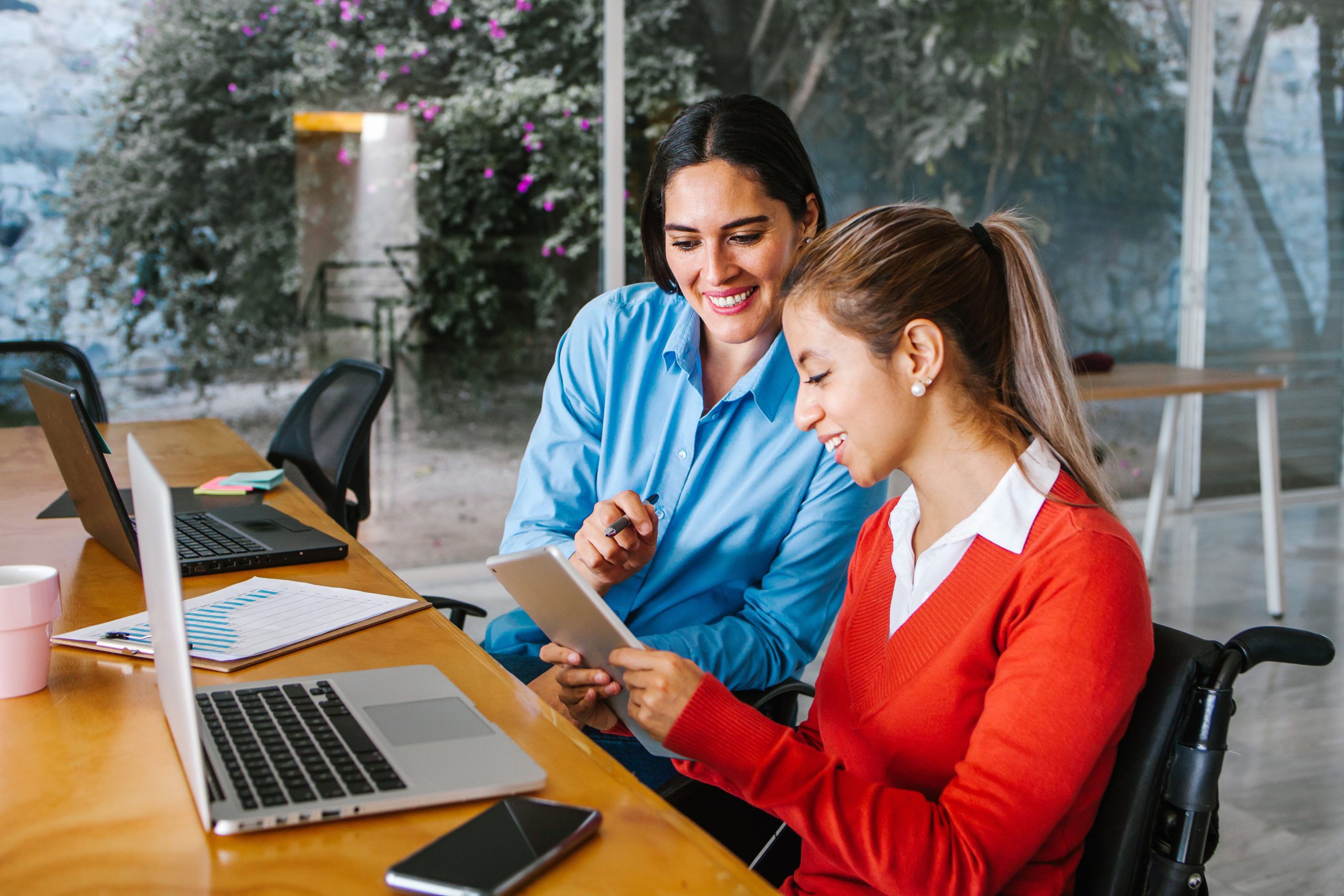Global Accessibility Awareness Day
At CIEEM we know we have an essential leadership role in bringing about positive and lasting change in our mission to create a more diverse and inclusive profession. As part of our Championing Change Agenda, we are working hard to improve accessibility by helping to promote accessible routes into the profession and raising awareness of good working practices and support.
May 18th 2023 marks the 12th Global Accessibility Awareness Day (GAAD). The purpose of GAAD is to get everyone talking, thinking, and learning about digital access/inclusion.
The GAAD Foundation was launched in 2021 to mark GAAD’s 10th anniversary. Its mission is to disrupt the culture of technology and digital product development to include accessibility as a core requirement.
A key area of focus for GAAD is championing the voices of people with different disabilities for example:
- Visual – People who are blind need alternative text descriptions for meaningful images and use the keyboard and not a mouse to interact with interactive elements.
- Hearing – People who are deaf or hard of hearing will need captioning for video presentations and visual indicators in place of audio cues.
- Motor – People with motor impairments may need alternative keyboards, eye control or some other adaptive hardware to help them type and navigate on their devices.
- Cognitive – An uncluttered screen, consistent navigation and the use of plain language would be useful for people with neurodifferent traits.
CIEEM understands that as Ecologists and Environmental Managers a lot of your working day can be spent reading from and writing on screens. Lexxic have produced a really useful blog promoting free Assistive Technology (AT) which is built into PCs and Macs to help support you in these activities. Alongside this, the UK government-funded Access to Work provides grants to help pay for things like BSL interpreters, lip speakers, or note-takers. There is also a range of funding and support schemes in Ireland that offer practical assistance with accessibility.
We would love to hear your accessibility stories for a future In Practice article; maybe you have experiences of using Assistive Technology in your role or have been involved in the development of assistive technology. We’d love to hear from you leanightingale@cieem.net
